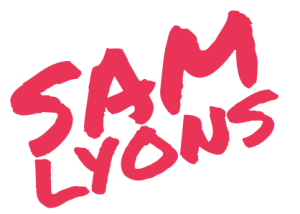When attempting to apply what I have learned throughout my degree in my work as a public servant, I have often hit roadblocks including available tools, willingness of colleagues to engage and time to implement best practice.
When I read journal articles such as Ross’s 2012 article on the future of reflective practices, I wonder whether we are providing a vision and narrative for people to follow that is achievable.*
I have had experience in higher education and know that, with a few exceptions, the reality of what is being implemented is so far from what is promoted by many education evangelists that I wonder how the gap between the two will be narrowed?
Often for institutions the reality is that we are limited by the tools that are provided to us such as our learning management system, our conferencing tool, content authoring systems. We are similarly limited by the users’ knowledge of how to use the systems effectively. Tags, categorising and even basic html formatting seem to be beyond the skill-level of a large number of people.
I often feel that too much time is spent advocating for the brave new world of technology enabled education when more value could be derived from a narrative that:
- acknowledges that often you will be limited in your ability to implement best practice by corporate systems
- discusses the pros and cons of using unsupported systems to achieve your goals
- considers how to up-skill the users to allow them to complete the approach that is being advocated
In may articles there is an assumption that everyone is interested in implementing tools to improve education outcomes. My experience is that unless you provide considerable investment in training, monitoring and communicating; new approaches are normally doomed to failure. Therefore, by including reference to the practical realities being faced by educators we can sart to bridge the gap between vision and implementation.
* The big caveat on this post is that I do not work in an academic institution and therefore am not the primary audience for Ross’s work.
References
Ross, J. (2012). The spectacle and the placeholder: Digital futures for reflective practices in higher education. In Proceedings of the 8th International Conference on Networked Learning (pp. 227–244). Retrieved from http://www.lancaster.ac.uk/fss/organisations/netlc/past/nlc2012/abstracts/pdf/ross.pdf

Sam, you have started to address a topic that many of us deal with every day in education – how to ‘bridge the gap between vision and implementation’. Consistent support, encouragement and realising that small steps are achievable is how we continue to manage this – and yes I totally agree, the tools often become a barrier rather than enablers.